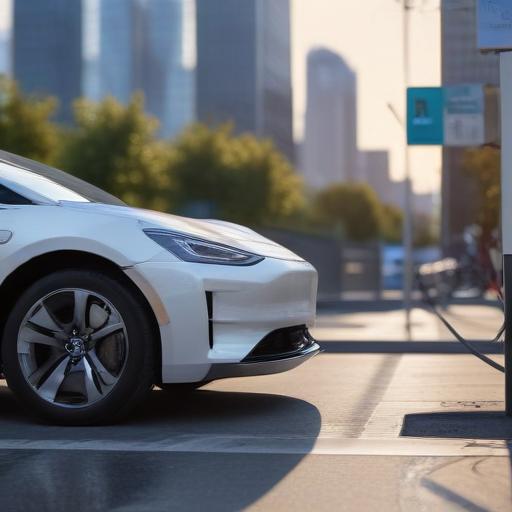Slate Auto, an electric vehicle startup that has received backing from Jeff Bezos, recently updated its marketing strategy regarding the anticipated starting price of its upcoming all-electric pickup truck. Initially promoted as starting “under $20,000” thanks to a federal EV tax credit, Slate has now ceased such claims following the passage of President Trump’s tax cut bill, which is predicted to terminate the current $7,500 federal EV tax credit by September.
At its launch in April, Slate emphasized the affordability of its electric pickup, using the tax incentive as a significant selling point. However, as of recent reports, the company has not communicated a revised price for the vehicle without considering the potential tax credit, leading to uncertainty about how this development might impact consumer interest.
Scheduled for production to begin no earlier than the end of 2026, Slate’s business model also revolves around offering a highly customizable vehicle, suggesting that the base model may not appeal to all potential buyers. This shift in price expectations, which had positioned Slate as a potential disruptor in a market where vehicle prices are often deemed unaffordable for many Americans, is seen as a challenge amid the competitive landscape of electric vehicle manufacturing.
Notably, Chief Commercial Officer Jeremy Snyder and CEO Chris Barman voiced their commitment to changing the perception of vehicle affordability, striving to fulfill a promise of delivering an accessible electric vehicle that has yet to materialize in the market. Despite the recent setbacks, the company’s vision for an affordable alternative in the EV space remains a point of determination.
As consumers and industry stakeholders navigate the evolving landscape of electric vehicle pricing and incentives, Slate’s focus on affordability and customization may still resonate, potentially fostering optimism for the future of more accessible electric transportation solutions.
